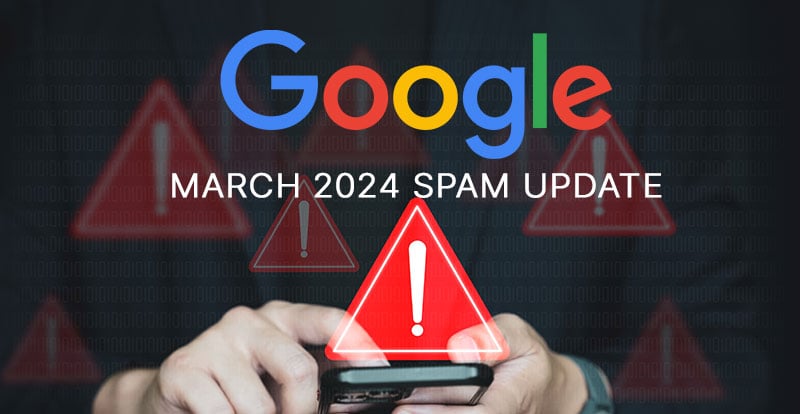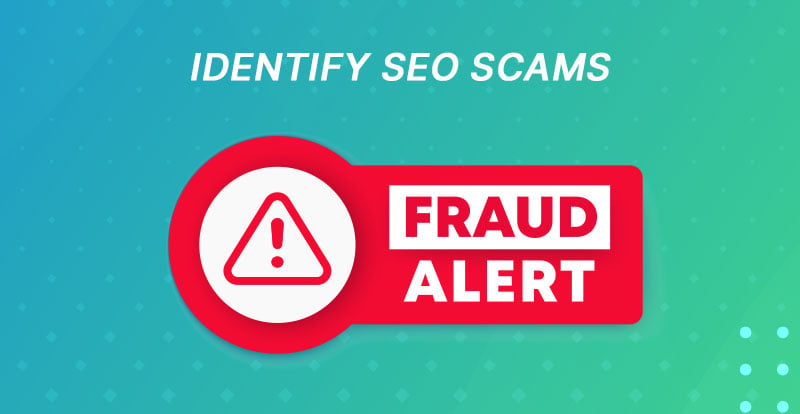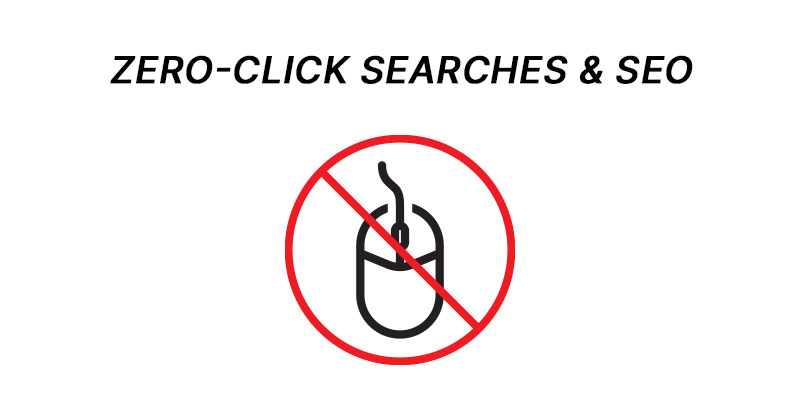With one quick click, Google can change thousands of businesses. Nearly every industry utilizes Google searches in some way. It gets word about your product or business out there and it can establish you as a voice and authority.
Oh, and it can also kill your business.
Google has made some surprising changes to Search this month, and it’s left more than a few websites and their owners wondering what in the world just happened. What happened is that Google finally implemented changes that they’ve been planning for a while, and if your website has added a certain kind of content in the last couple of years, you’re going to feel it.
This announcement wasn’t exclusive to their blog, it hit developers too. If you’ve been on the tech communities on Reddit in the last couple of weeks, you might think this is a nightmare. Well, it might just be a nightmare for sites hosting the kind of content that doesn’t help users so much as help themselves move up Google’s rankings.
Before we dive into whether or not your content is guilty of that, let’s talk about what happened.
What Were The Changes?
To put it simply, Google has put down bans on spam and low-quality content. If your landing pages, blog posts, or content of any kind are deemed as spam they will be removed from the rankings altogether. To Google, and to its users, your website and its content simply won’t exist.
What they actually did was improve the algorithm from which the search results are generated, and they did so by designing them to address new spam policies that they have put in place. The two important adjectives you might notice on that page are “unhelpful and unoriginal.” For the last couple of years, content mills, writers, and developers galore have figured out how to game Google’s system. When the content is created to drive sites up the ranking, and not to offer genuine advice or news, that’s a form of manipulation. One that Google isn’t standing for anymore.
More specifically, here are the 3 forms of spam they created these rules to address.
- Site Reputation Abuses - when a website with a solid reputation rehosts content or sponsored articles from less reputable sources
- Scaled Content - when content is “automatically generated” to create low-quality or unoriginal content at scale
- Expired Domain - after the domain of a respected source has expired another user will purchase it to use the previous domain holder’s reputation
If your website isn’t guilty of any of those, then you’re fine. If you are, then chances are your website is about to be deindexed. In case you hadn’t noticed, one of those restrictions is a little more ambiguous than the others, and it could leave some people scratching their heads.
What Is “Low Quality” Content?
Chances are you’ve heard of a little ole thing called “AI” in the last couple of years. It’s gone from generating weird videos and images to creating legal fusses around the globe. It’s not going away anytime soon, but that doesn’t mean everyone has decided they have to live with it.
When Google is referring to “low quality” content, they aren’t specifically singling out AI, but that’s basically what they’re saying. It’s now possible to create entire pages of content in an instant. While that’s quicker than the average blogger is going to type - hey, we’re trying here! - but it’s not delivering the same kind of content. AI is essentially a form of elevated text aggregation right now, which is why their more appropriate designation is large language models (LLMs). They aren’t going to offer insightful advice or new thoughts, they’re going to create pieces that are copied and pasted from similar sites.
With a few clicks, they can create content that hits every metric Google measures, and these rules were added to address that.
For websites with content that Google deems helpful, you’re about to get a boost in traffic. This announcement hasn’t exactly won the internet over, and it might have hit a few innocent websites in the process, but this was a fight Google has been planning for a long time. Artificial intelligence is here to stay, but that doesn’t mean Google has to put up with its crappy content flooding its search rankings.
How Blogs and Sites Have Been Affected
To put it bluntly, those sites have been completely removed from search rankings, otherwise known as “deindexed.” If a user looks for their content specifically it will likely appear, but not in any other case. Users seem to be fans of the decision, for the most part. There are several Reddit threads about the updates, with some horror stories along the way. Most of the users point out that the biggest offenders were rehosting content from sponsored sources, but some people are complaining that their website has been affected too.
It’s possible that a lot of websites would get caught in the crossfire of these rules. Some users are complaining their blogs are removed for no reason, but there’s a little detail you might find in those complaints. Several users say that their sites might have AI-generated pages but not the blog posts that have been removed. For now, you have to assume those policies aren’t making that distinction for you. Google is on the lookout for a certain kind of content and they will not distinguish between the pages that content is on.
Results in Real-time
Unfortunately, this has hit some small businesses, but it’s easy to figure out why. Users on Reddit have already addressed how much of their traffic has taken a hit. This user lost 40% of their traffic in a single day while another noted that their daily user traffic went from 700 to 150 as a result of the March updates. Some of the commenters on each of those posts have horror stories of their own, with one user claiming they went “from 300 impressions a day to 10.” Those are scary results, but did you notice that they either didn’t talk about their content or admitted to using AI to enhance it? Yeah, I did too.
Google is on the hunt for content designed to manipulate their system, so for some, it’s time to make some changes.
How YOU Can Stay Unaffected
If you haven’t been affected by these changes, that doesn’t mean you’re in the clear. Google’s restrictions when it comes to spam content like this are only going to get stricter, so you better beware. That being said, they’ve made it clear that it’s easy to avoid this particular ban hammer, and all you have to do is put your back into creating your content again.
Many of the users on those Reddit posts complain that they were affected while their website has a minimal amount of AI content. Despite the fact that Google has its own AI in Gemini, formerly known as Bard, they don’t want their search rankings manipulated by content designed to do just that. It doesn’t matter if AI just gave a helping hand in your view. If it leaves a fingerprint in the form of unhelpful or unoriginal content, Google will notice.
Use AI for inspiration, for editing, and for advice on creating content but don’t rely on it to be your sole creator. Otherwise, Google’s going to come for you, and it will not go well.



